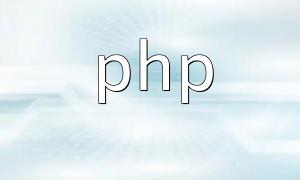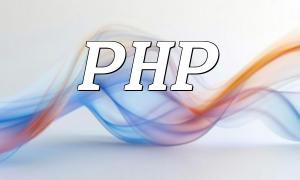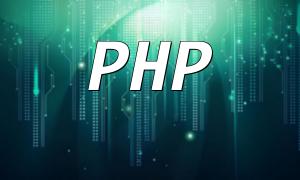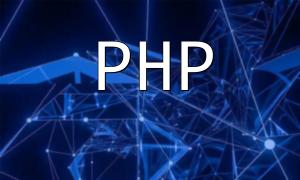PHP is a widely used scripting language in web development, known for its simplicity and flexibility. However, many developers remain at the surface level, without deeper insight into its internal mechanisms. Studying PHP’s core principles not only improves performance optimization but also helps prevent security issues and strengthens understanding of its advanced features.
Before diving into core development, it’s important to understand how the PHP interpreter functions. It converts source code into bytecode, which is then executed by the Zend Engine. This process forms the foundation of how PHP runs internally, making it essential knowledge for developers aiming to work at the core level.
Memory management is one of the key aspects of PHP internals. PHP uses garbage collection to automatically release memory when variables are no longer referenced. However, frequently creating and destroying large numbers of objects can negatively impact performance. Efficient memory usage, minimizing unnecessary object creation, is critical for writing optimized code.
PHP’s exception handling system allows developers to manage errors gracefully instead of abruptly halting execution. In advanced development, custom exception classes can be defined and linked with error handlers to create flexible error management strategies. This makes applications more robust and adaptable to business needs.
PHP offers multiple methods for performance enhancement. The OPcache extension, for instance, caches compiled bytecode, reducing the need for recompilation on each request. Additionally, APC can cache function and variable results to further decrease response time. These optimizations are particularly effective in high-concurrency environments.
Security is an essential concern in PHP development. SQL injection remains one of the most common vulnerabilities, but it can be mitigated with prepared statements and parameter binding. Developers should also use filtering functions and regular expressions to validate user input, ensuring that systems remain secure against common attack vectors.
PHP comes with a rich set of built-in functions for handling strings, arrays, and files. Its extension system further enhances functionality. For example, the PDO extension allows interaction with various databases, while the GD extension supports image processing and CAPTCHA generation. These capabilities significantly broaden PHP’s application scope.
Gaining a solid understanding of PHP’s core principles enables developers to improve performance, enhance security, and fully leverage advanced features. By mastering the interpreter workflow, memory management, exception handling, optimization techniques, security strategies, and extension usage, developers can evolve into well-rounded and highly skilled PHP professionals.









